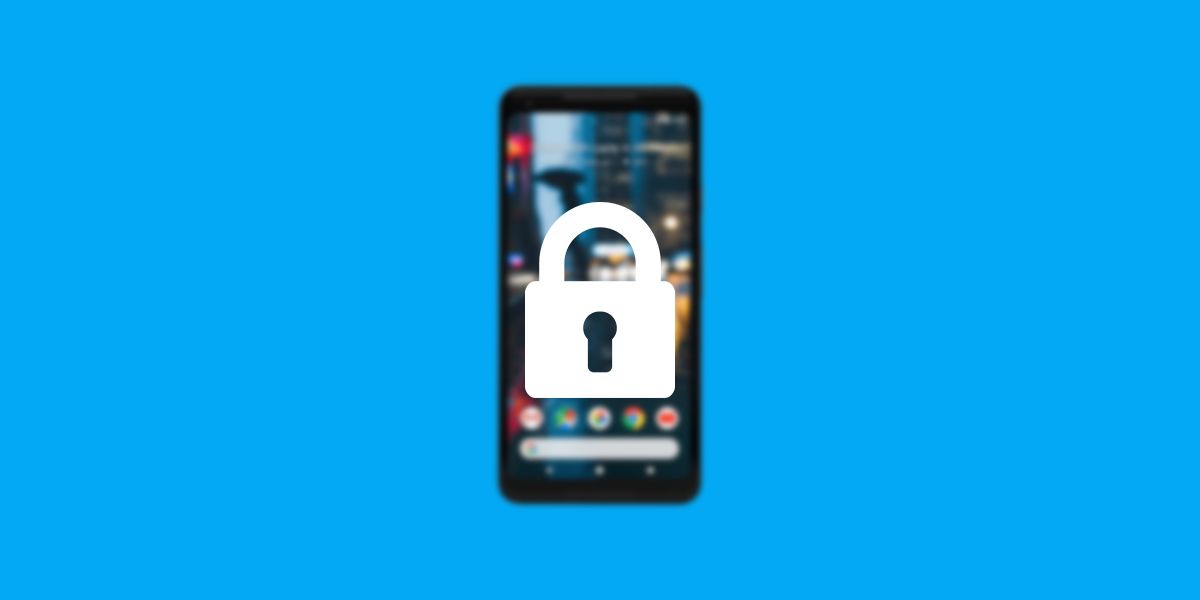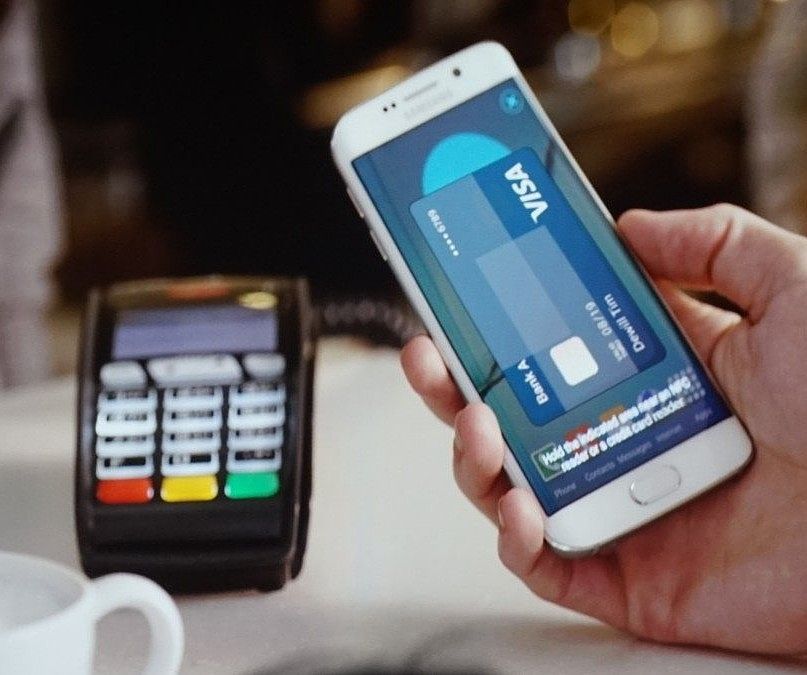latest

Texas detective says the data encryption of modern Android phones is superior to iPhones
A recent report from Vice suggests that data encryption of Android phones in better than that of iPhones, making it harder for govt agencies to crack them.
The US government has been trying to pressure companies like Apple to create a backdoor in its smartphones to help law enforcement agencies access encrypted data when needed. Such a backdoor could help agencies gather crucial information about a detainee, which can then be used as evidence in a court of law. However, critics have argued that giving the government easy access to smartphone data defeats the entire purpose of encrypting it in the first place. Apple, among other companies, has refused to cooperate so far. But a recent report from Vice claims that the government has been doing a decent job of cracking smartphone encryption even without their help when it comes to most iPhones. Android smartphones, however, have been getting increasingly more difficult to crack.

LineageOS Introduces "Trust" - A Centralized Interface for Security and Privacy
The developers over at LineageOS have introduced Trust: a centralized interface for security and privacy features in the ROM. Read on to know more!
The introduction of monthly security patches for Android was a welcome and much-needed move from Google. At that time, Android was infamous for its fragmentation issues, which negatively impacted how security vulnerabilities could be patched and then quickly distributed to devices. Monthly security patches provided a quick way for concerned users to judge how "secure" and "up-to-date" their device really was.

Capillary is an open source library to help developers implement end-to-end encryption for push notifications
Capillary is an open-source library that helps developers implement end-to-end encryption for push messages in their applications.
If you're a developer that implements push notifications in your app and you or your users care about data privacy, then it's important that you transmit these push messages securely. For those of you who are already into data security, then implementing strong encryption measures is a no-brainer. For others, it's a difficult feature to implement. Google's Firebase Cloud Messaging (FCM) pushes messages over TLS so you can send your messages securely through Google's servers, but by doing so you aren't meeting the gold standard which is end-to-end encryption. Without end-to-end encryption, a theoretical third party could compromise the data; with it, only the end user's device can decrypt the data. Implementing E2E encryption can be difficult for new developers, so that's why Google is introducing Project Capillary. It is an open-source library that facilitates implementing E2E encryption between developers' servers and clients' devices.

Samsung Pay Requires Decrypted Device For Full Functionality
Want to fully use Samsung Pay on an encrypted device? You are out of luck then, as Sasmung forces device decryption for full app functionality. Read on!
In a surprising piece of news, it appears that Samsung Pay, Samsung's mobile-based payment solution and competitor to Android Pay and Apple Pay, actually requires a decrypted device to function.



